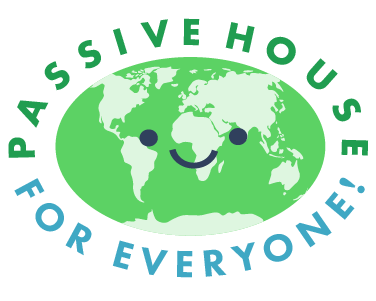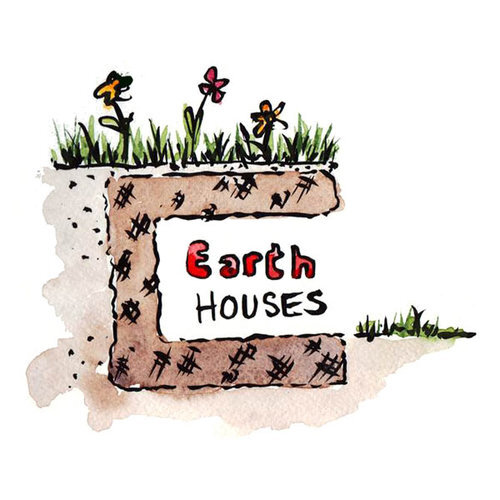Humans have always been ingenious at creating shelter from local materials to meet their local needs…
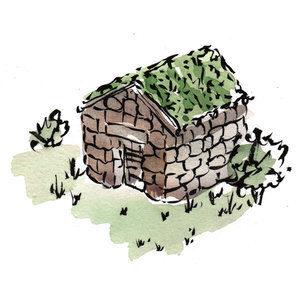
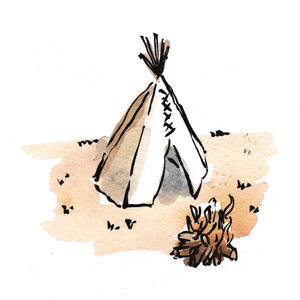
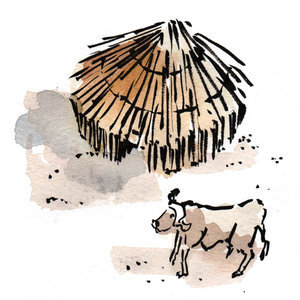
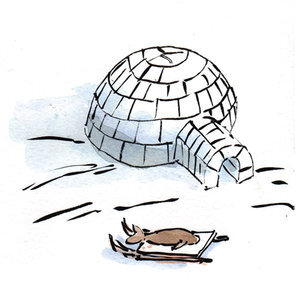
In certain parts of the world, where things have gotten industrialized and more sedentary, we’ve settled into a bit of a pattern.
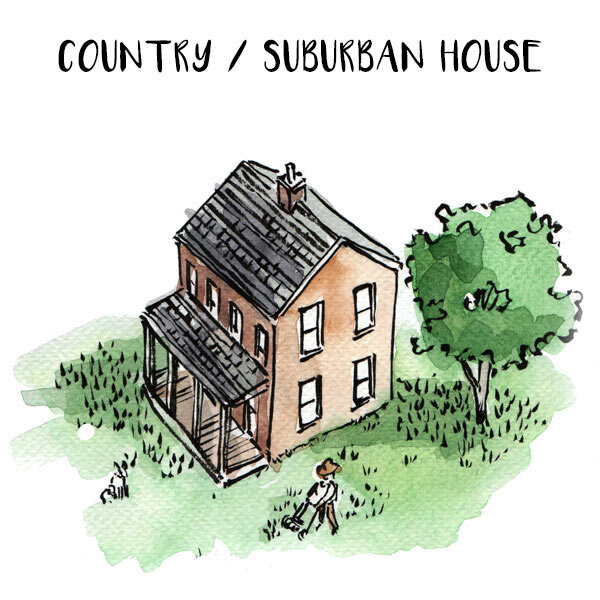
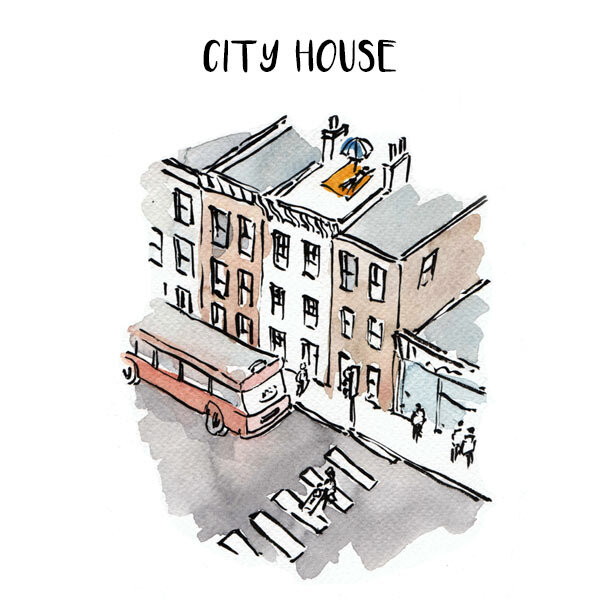
Like our earlier structures, these houses worked pretty well at addressing our primary needs for shelter...
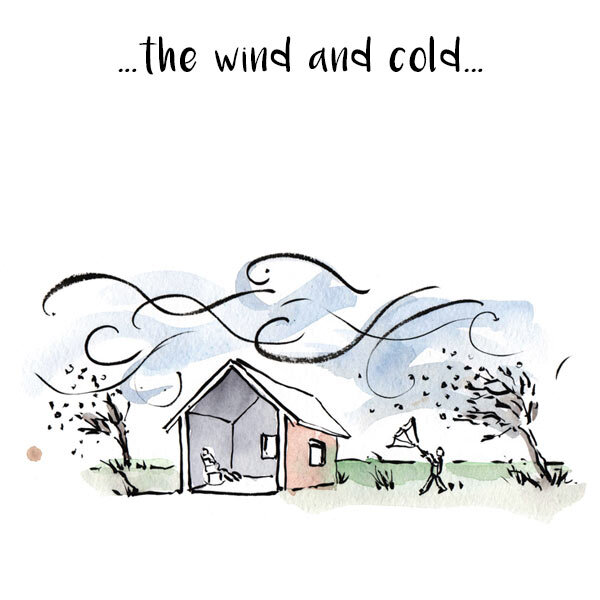
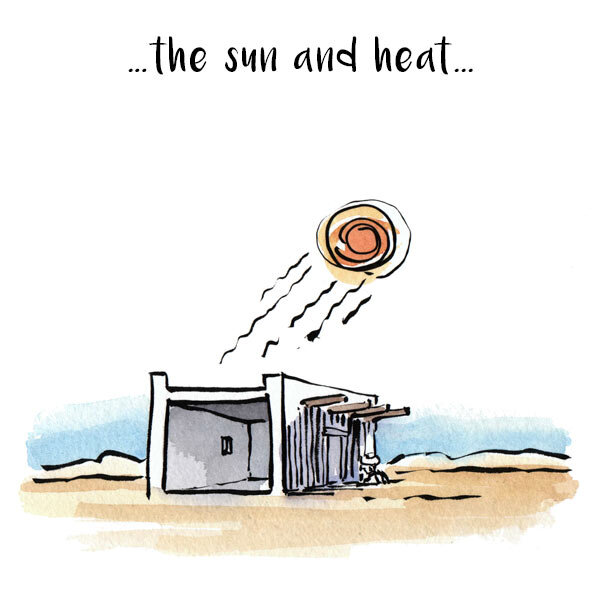
…and they were still made of only a few materials…
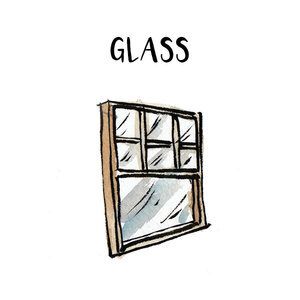
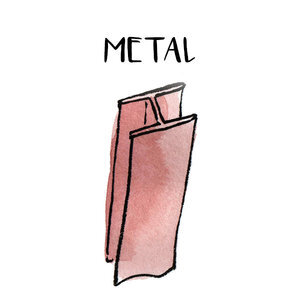
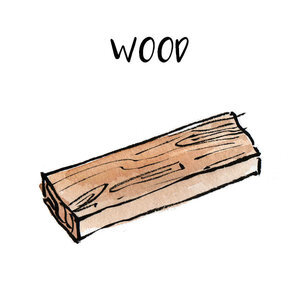
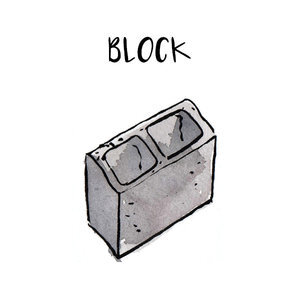
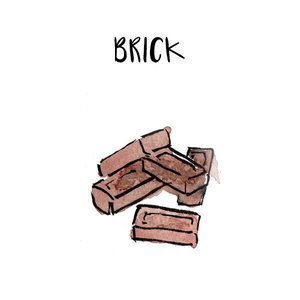
For the most part, everything worked well enough, but there were issues…most importantly, wind and cold got inside too easily, and precious heat got out…
This required burning a lot of extra fuel, which is wasteful, expensive, and has long term negative effects on air quality and the environment.
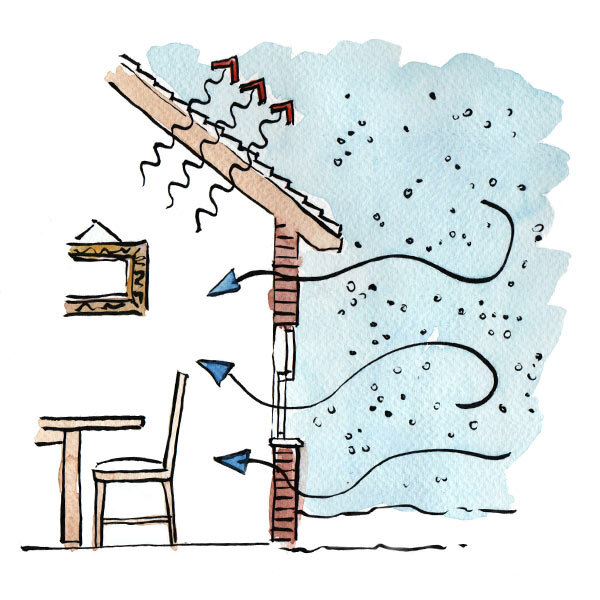
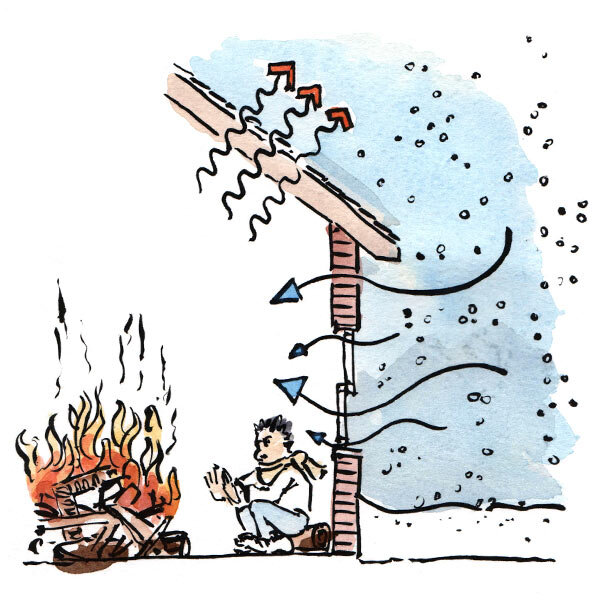
Later, when home air conditioning became common, this loss worked in reverse...And as most early cooling equipment was inefficient, much of its energy input was wasted.
Of course, steps were taken along the way to try and address the problems...
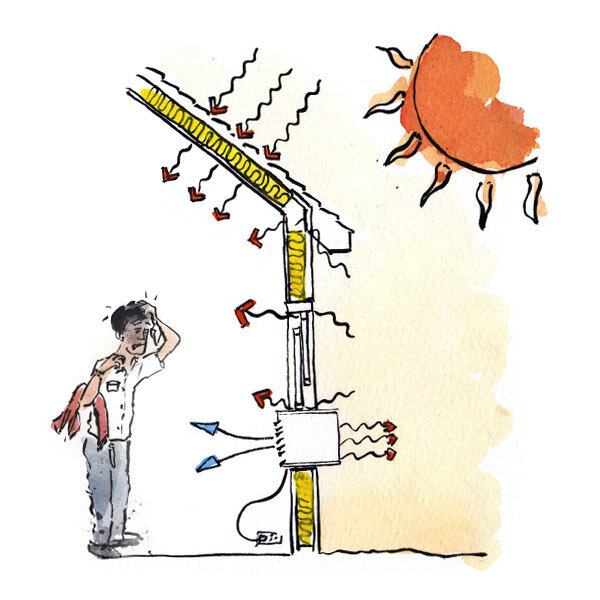
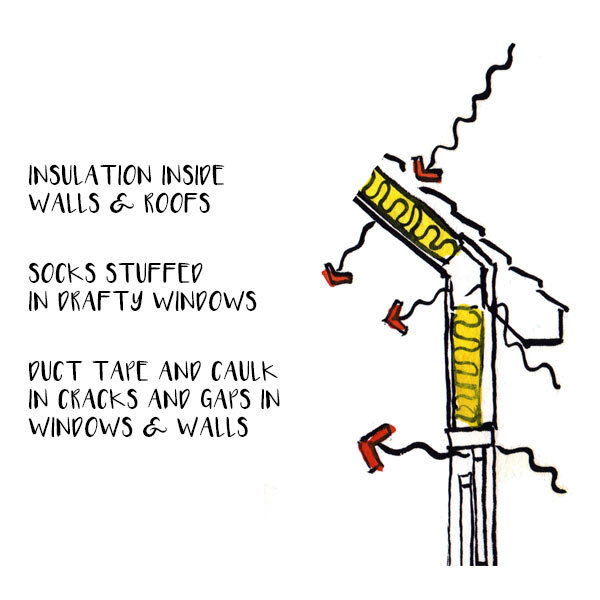
Given how much energy is lost to heating & cooling a poorly built house, and the negative effects this loss has on local economies & the global environment, people have been developing strategies to address the causes for some time.
Several of them thought about solving the problem like this...what if we built a house in such a way that it would do what a good house is supposed to: provide comfortable, healthy, energy efficient shelter just by “sitting there”...it would be PASSIVE HOUSE!
There are 5 connected principles of a passive house..
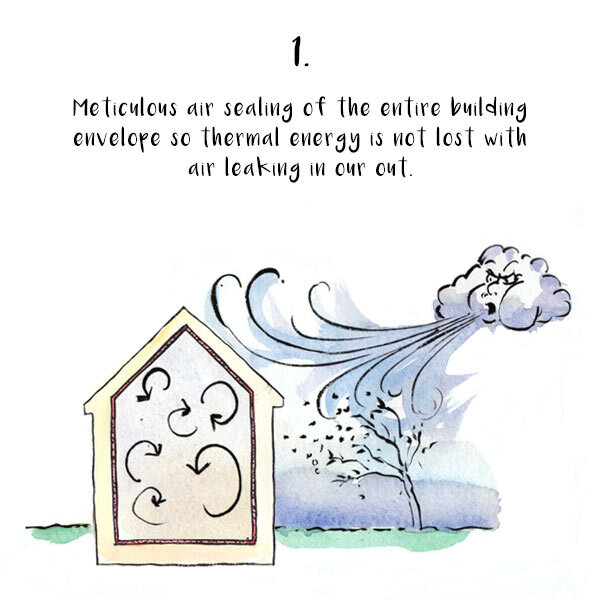
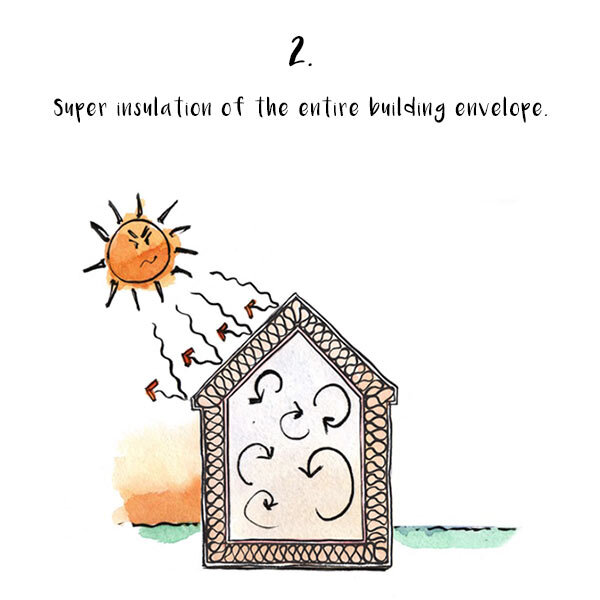
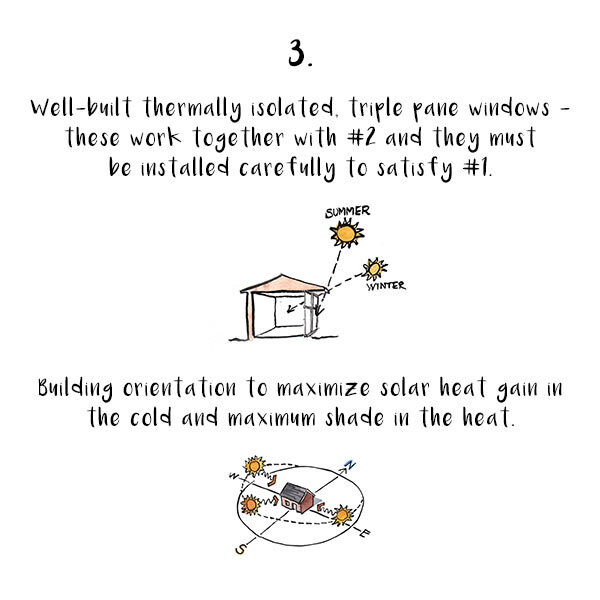
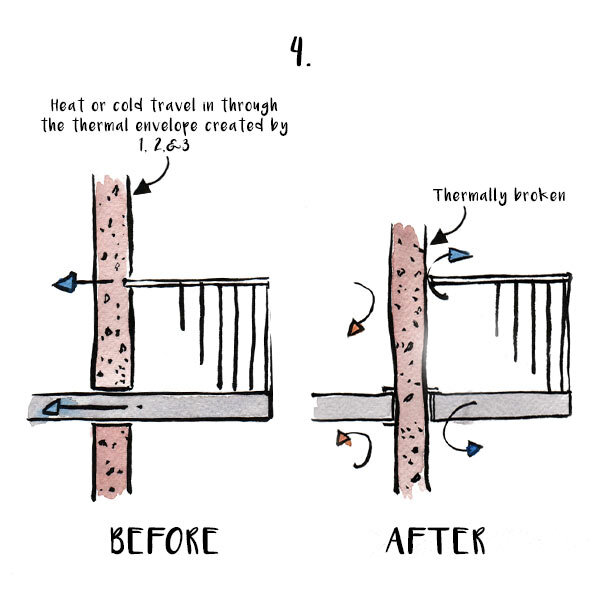
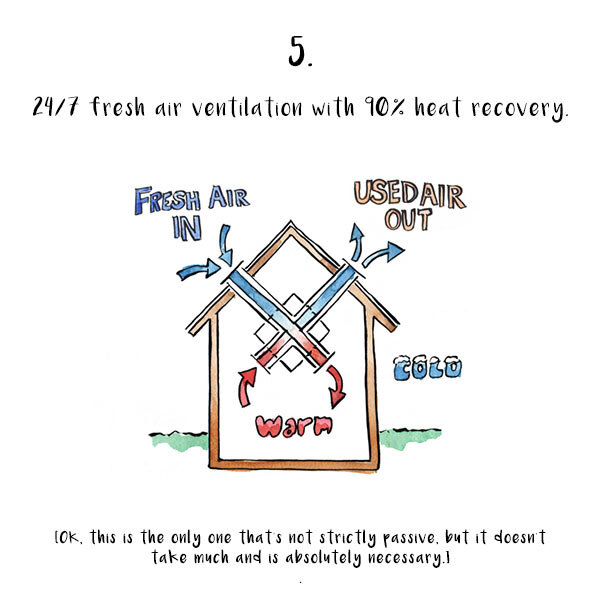
The integrated application of these 5 principles, carefully carried out will lead to a building structure that will provide heating and cooling energy savings of up to 90%. It will also help provide a quiet and comfortable indoor environment with continuous fresh air for an ideal living experience — while contributing towards a healthier planet for healthy and happy lives for everyone!
For more information, see our Passive House Basic 101!
